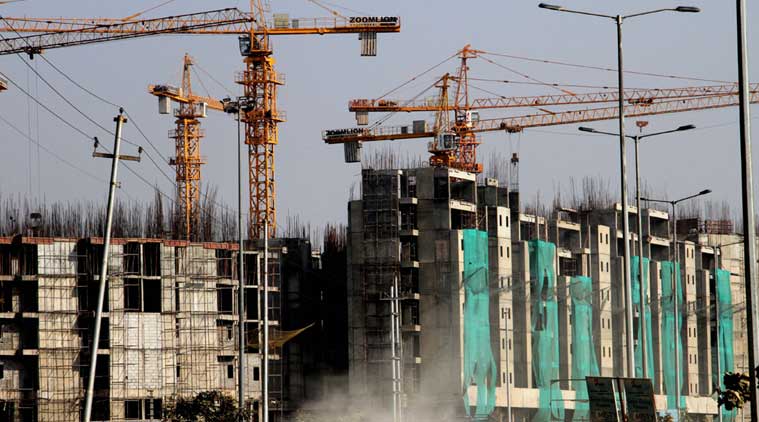Many industries have been disrupted by the advancements of technology over the last several years, but construction has been slow to adapt to innovations in the field.
However, the last few years have proven transformational in the industry, leading the way for new digital tools and tech-infused concepts to make their way front and center among construction companies and individual professionals. As licensed construction contractors grow in numbers and projects continue to expand their scope, it is helpful to know how technology is causing shifts in the market.
Big Data
One of the most notable but lesser-known technological advances in construction over the last decade has been the inclusion and use of big data.
Although it may seem like a buzzword of sorts, big data is simply the collection of information previously housed on paper or in various systems that is now being used for greater, more connected purposes.
More information than ever before is being gathered in real-time through a variety of devices and software systems. These data points are then being used to offer predictive insights and analysis to construction work in both public and private jobs.
This valuable information allows construction contractors to work more efficiently over time, saving time and money in the process.
Robotics in Construction
Another way technology is changing the construction industry is through robotics. The influx of companies working to develop robotics in construction has grown significantly over the last three years, with robotic arms being used in the production phase of some projects, and 3D printing used to create more cost-effective material.
Larger robotic machines are also being used to take over some repetitive tasks on project sites, including digging and moving materials from one location to the next. Although some fear that robots may ultimately reduce the labor force in the industry, many feel confident that adding robots to the mix helps improve safety and keeps construction contractors from taking up time on mundane aspects of each job.
Transitioning some of the work traditionally completed by contractors can also save on the expense of contractors bonds over time.
Laser and Drone Technology
Technology is also making waves in construction with the help of laser scanning and drone use. With lasers, construction professionals have an opportunity to assess site conditions before stepping foot on a new project, and they can use this information to highlight any hazards or site issues that may be lying in wait.
Similarly, drones are being used to scan worksites in advance, as well as monitoring logistics over the course of a project. Each of these functions of laser scanning and drones is improving the safety of construction sites each day.
Wearables and Mobile Devices
Finally, the construction industry is being enhanced through the use of mobile devices and wearable technology among licensed contractors and subcontractors.
Mobile devices and smartphones are being used more frequently in the field for an array of tasks. Construction workers are utilizing these technology devices to document information, share effective and fast communications, and prepare for inclement weather or job site conditions.
Wearable technology is also being used to boost safety standards around each project, and create learning opportunities through virtual reality for new contractors or subcontractors. The combination of these devices helps construction workers remain efficient on the job while also promoting safety and learning along the way.
Technology in construction is not a new sight, but it is a growing trend that lays the groundwork for more efficient projects. Contractors in construction should embrace the ever-changing landscape of tech in the industry if they want to remain competitive and ahead of the curve in the business.
